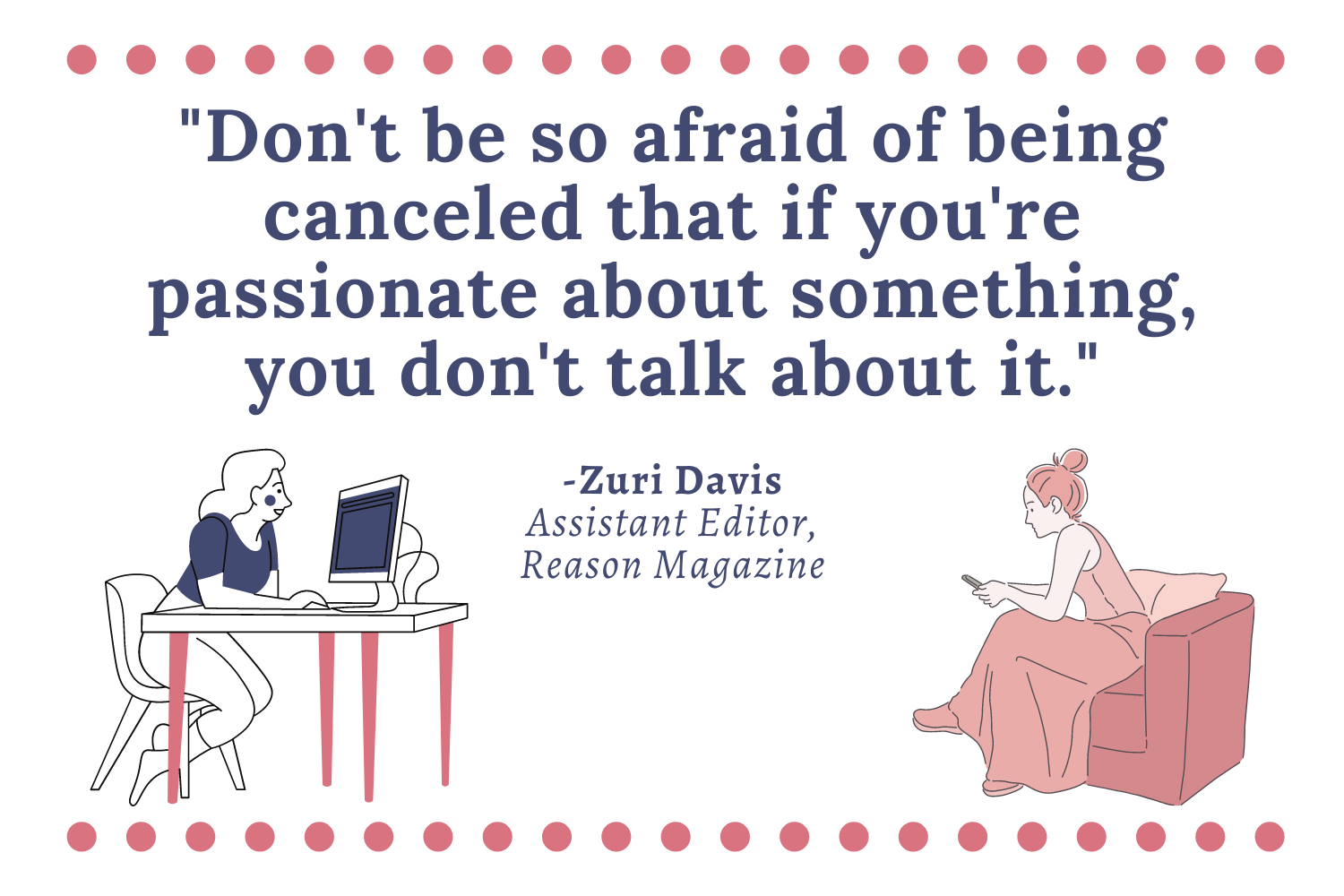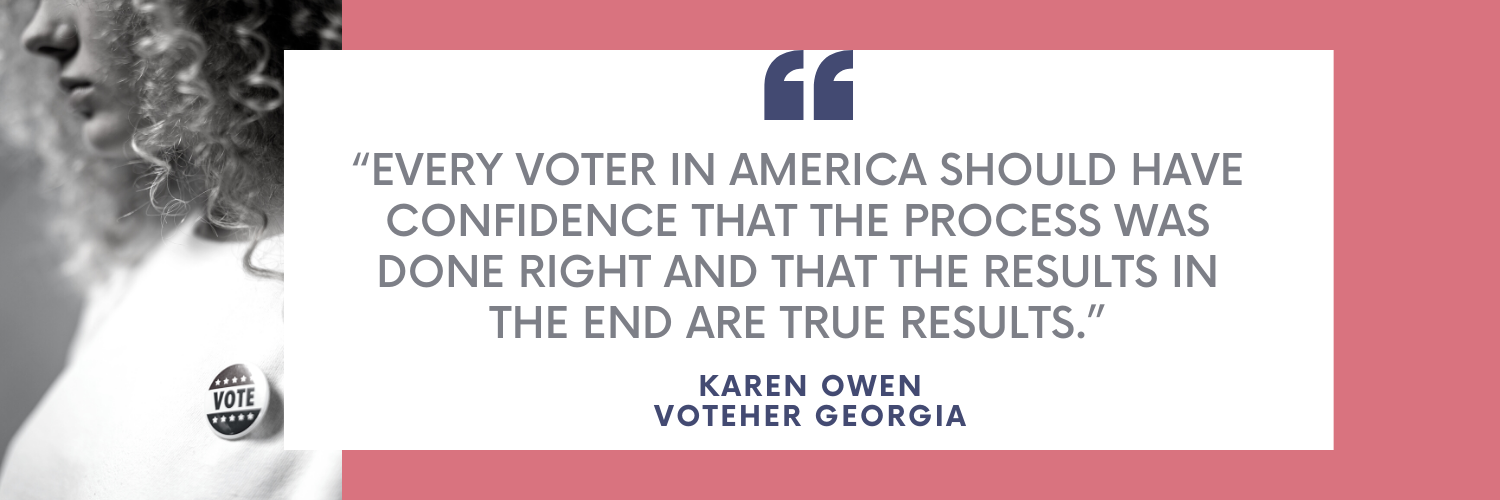A Candidate’s Cancel Culture Crash Course
Once something is posted to the internet, it is there forever. This adage is especially important for women running for public office, constantly under scrutiny from the public eye. In the age of being able to find something posted years ago, the concept of “canceling” has risen. In a WPLN Facebook Live, Social Media Manager for the Heritage Foundation and Co-host of The Ladybrains Podcast Lyndsey Fifield and Assistant Director for Reason Magazine Zuri Davis offer some tips on how to deal with today’s political “Cancel Culture.”
Know what “canceling” is. Canceling happens when someone aims to end another person's career by blowing something they said out of proportion. Davis noted that it can also be a call for accountability if someone has actually done something to warrant being “cancelled.”
Cancel culture isn’t new, but it is different now. Fifield states, “I think the difference between the modern era... is now the accountability structure has shifted--that you have gossip and unsubstantiated rumors, and you can never get rid of that." The Insider reports that the act of “canceling” someone dates back to the early 2010s as a cultural phenomenon, but has since been used politically.
Sometimes you should apologize. Everyone makes mistakes. However, you should make sure that you are apologizing to your community, not the mob of people on the internet. Apologizing to the people that are “cancelling” you just for the sake of it will only encourage them and make matters worse.
Don’t engage with the mob at all. Trying to defend yourself to the internet is a futile task. If anything, it will inflame them more.
Let your reputation speak for itself. Be genuine and respectful. Davis and Fifield both stress the importance of this point. Fifield says that being kind, understanding, and not being a hypocrite are your best insurance against being “cancelled.”
What goes around, comes around. Fifield says, “The people who are cancelling oftentimes end up cancelled themselves." Be mindful when you are thinking of calling someone out that it may come back to you.
If you’re “canceled,” wait before replying to get your emotions in check. Fifield advises, “you can also avoid a lot of issues if you don't have the reaction you immediately want to have [when facing internet criticism/canceling]." She later adds, “If you just pause for awhile, that can really calm things down." Sometimes stopping to take a few deep breaths and get a wider perspective saves you from potential emotional blow-ups that could hurt you later on.
To lower your chances of being “canceled,” conduct yourself in public as if you could be filmed at any time. As we said before, people make mistakes. However, women in the public eye face a lot more scrutiny, and in the age of cellphones, anything can be filmed and uploaded in an instant. Be cognizant of how you act because it could easily be recorded and/or misconstrued to paint you in a negative light.
When using social media, focus on policy instead of personal material. Then, if someone attacks your personal life on the internet, they are the ones who look bad.
Don’t let “cancel culture” keep you from speaking up! Davis says, "If you are a very outspoken woman and you're afraid of being canceled, just remember that... you have to have the confidence to say what you need to say and if you know that you're standing on principle, nothing in the world can tell you differently."
To learn more about cancel culture and how to navigate it in politics, check out the full video below or watch it on the WPLN Facebook page.


